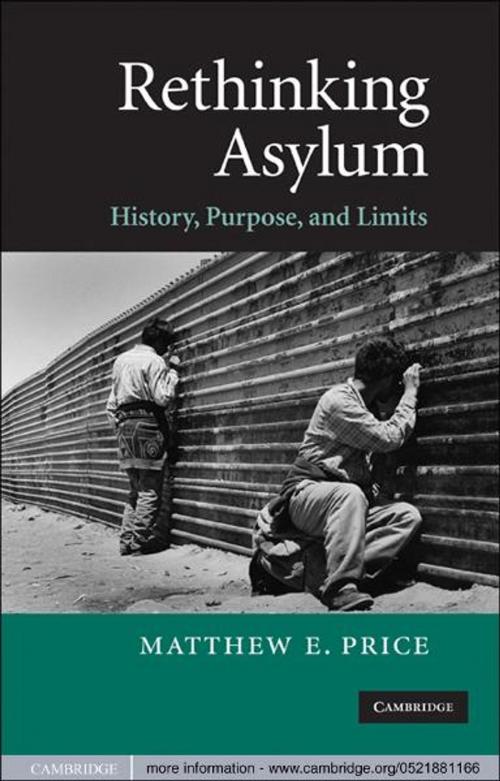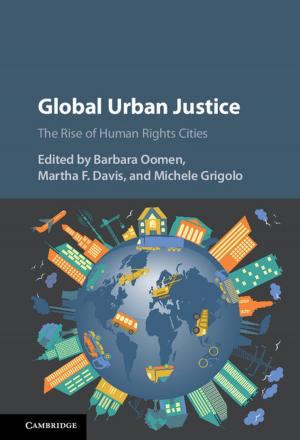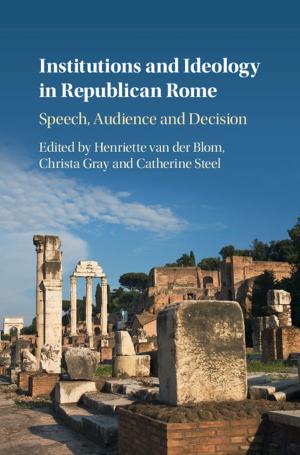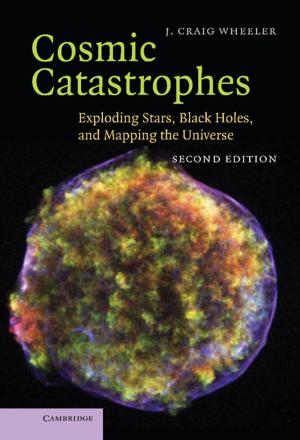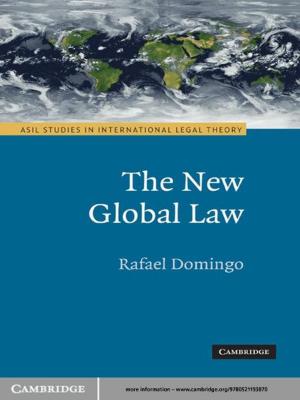Rethinking Asylum
History, Purpose, and Limits
Nonfiction, Social & Cultural Studies, Political Science, Politics, History & Theory, Social Science| Author: | Matthew E. Price | ISBN: | 9780511738968 |
| Publisher: | Cambridge University Press | Publication: | May 14, 2009 |
| Imprint: | Cambridge University Press | Language: | English |
| Author: | Matthew E. Price |
| ISBN: | 9780511738968 |
| Publisher: | Cambridge University Press |
| Publication: | May 14, 2009 |
| Imprint: | Cambridge University Press |
| Language: | English |
Each year, hundreds of thousands of people apply for asylum in Europe, North America, and Australia. Some fear political persecution and genocide; some are escaping civil war or environmental catastrophe; others flee poverty, crime, or domestic violence. Who should qualify for asylum? Traditionally, asylum has been reserved for the targets of government persecution, but many believe that its scope should be widened to protect others exposed to serious harm. Matthew Price argues for retaining asylum's focus on persecution - even as other types of refugee aid are expanded - and offers a framework for deciding what constitutes persecution. Asylum, he argues, not only protects refugees but also expresses political values by condemning states for mistreating those refugees. Price's argument explains not only why asylum remains politically relevant and valuable, but also why states should dismantle many of the barriers they have erected against asylum seekers over the last fifteen years.
Each year, hundreds of thousands of people apply for asylum in Europe, North America, and Australia. Some fear political persecution and genocide; some are escaping civil war or environmental catastrophe; others flee poverty, crime, or domestic violence. Who should qualify for asylum? Traditionally, asylum has been reserved for the targets of government persecution, but many believe that its scope should be widened to protect others exposed to serious harm. Matthew Price argues for retaining asylum's focus on persecution - even as other types of refugee aid are expanded - and offers a framework for deciding what constitutes persecution. Asylum, he argues, not only protects refugees but also expresses political values by condemning states for mistreating those refugees. Price's argument explains not only why asylum remains politically relevant and valuable, but also why states should dismantle many of the barriers they have erected against asylum seekers over the last fifteen years.
